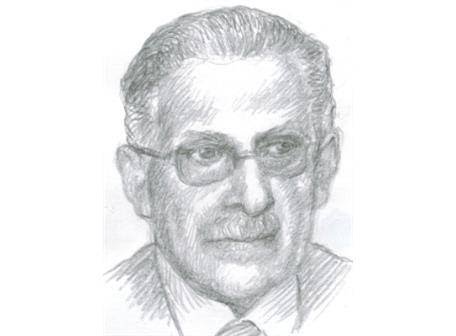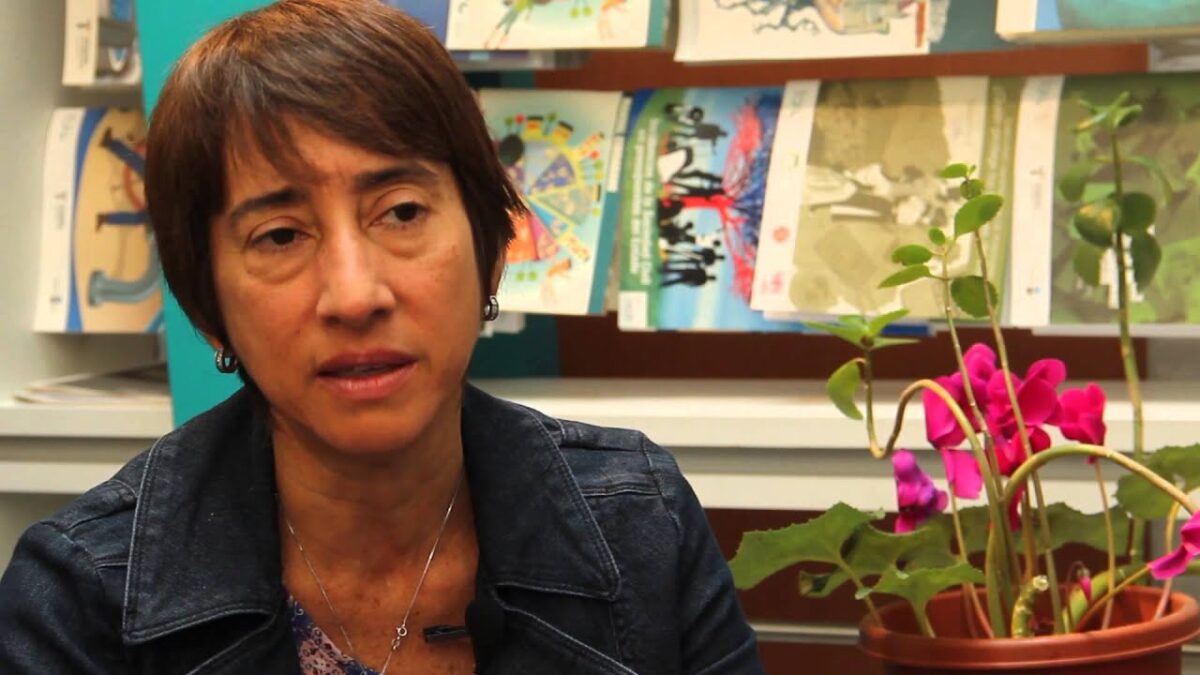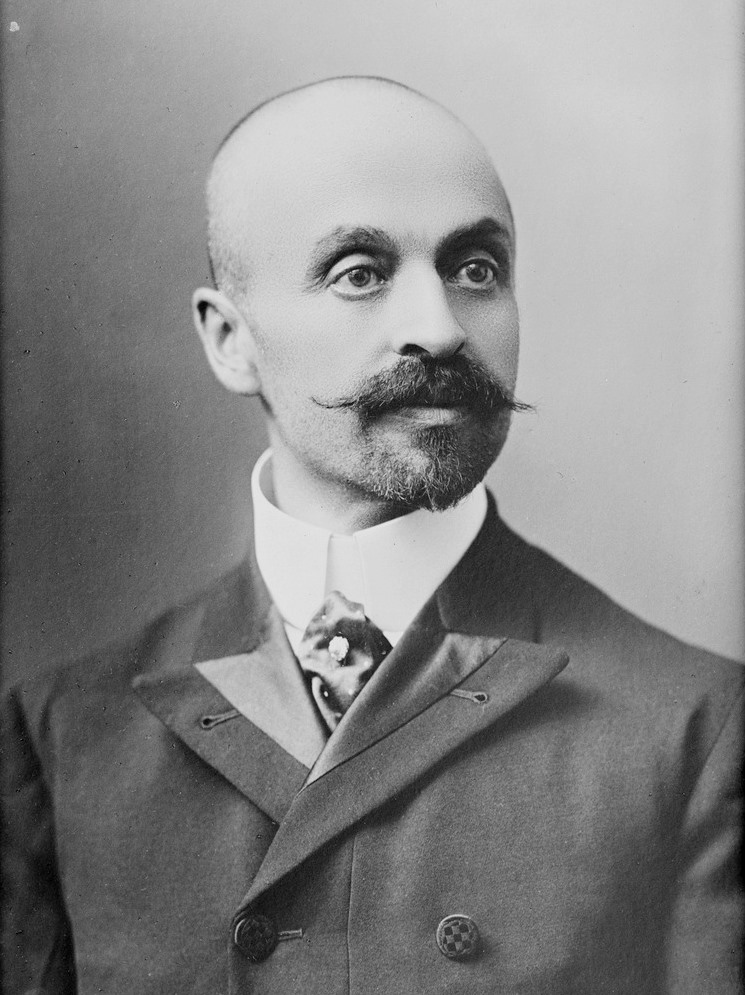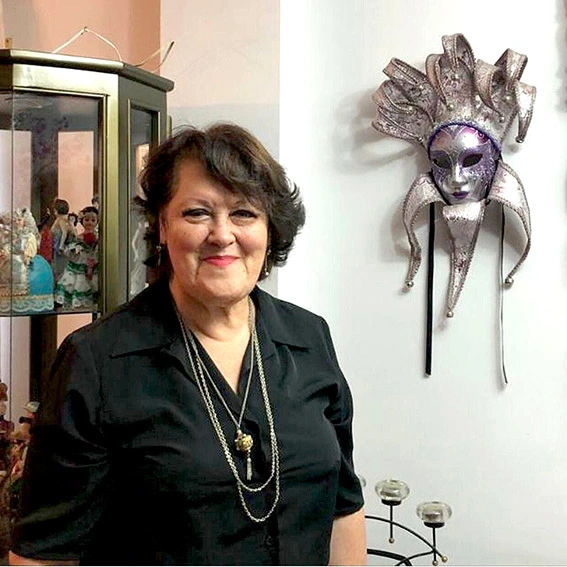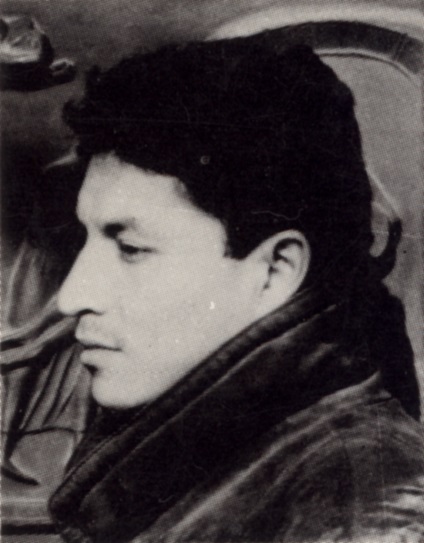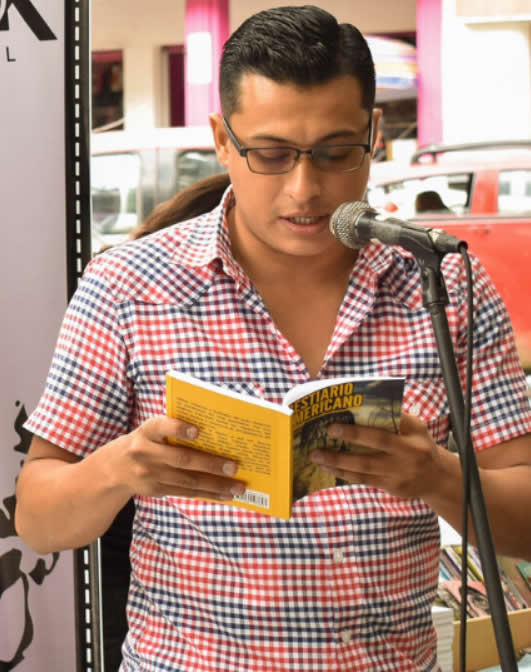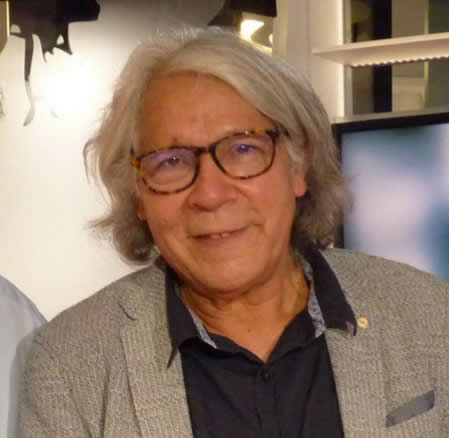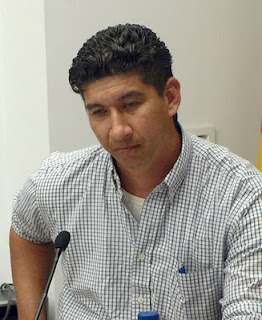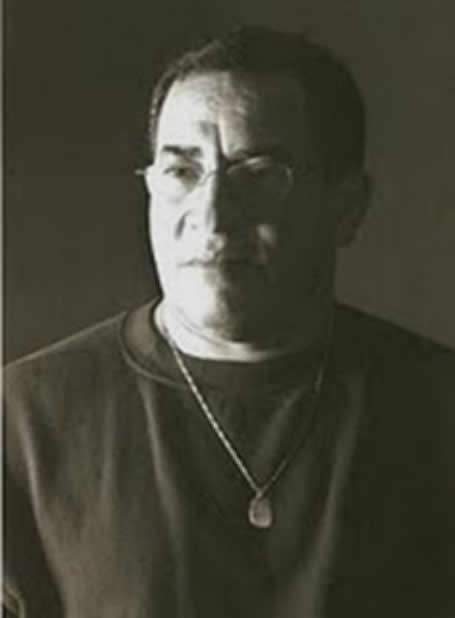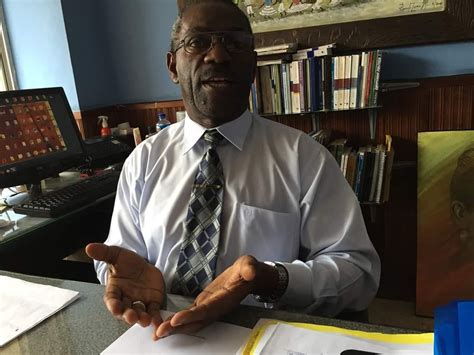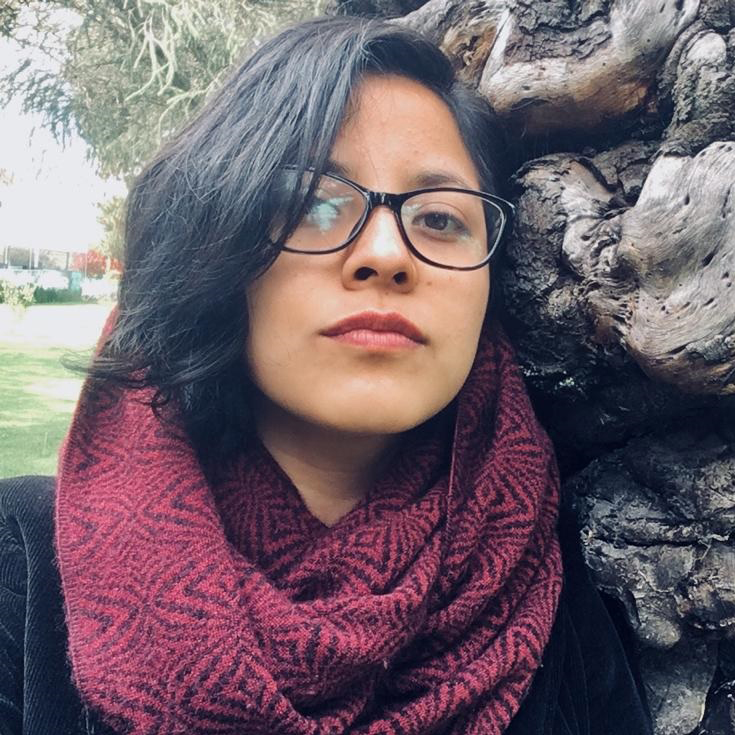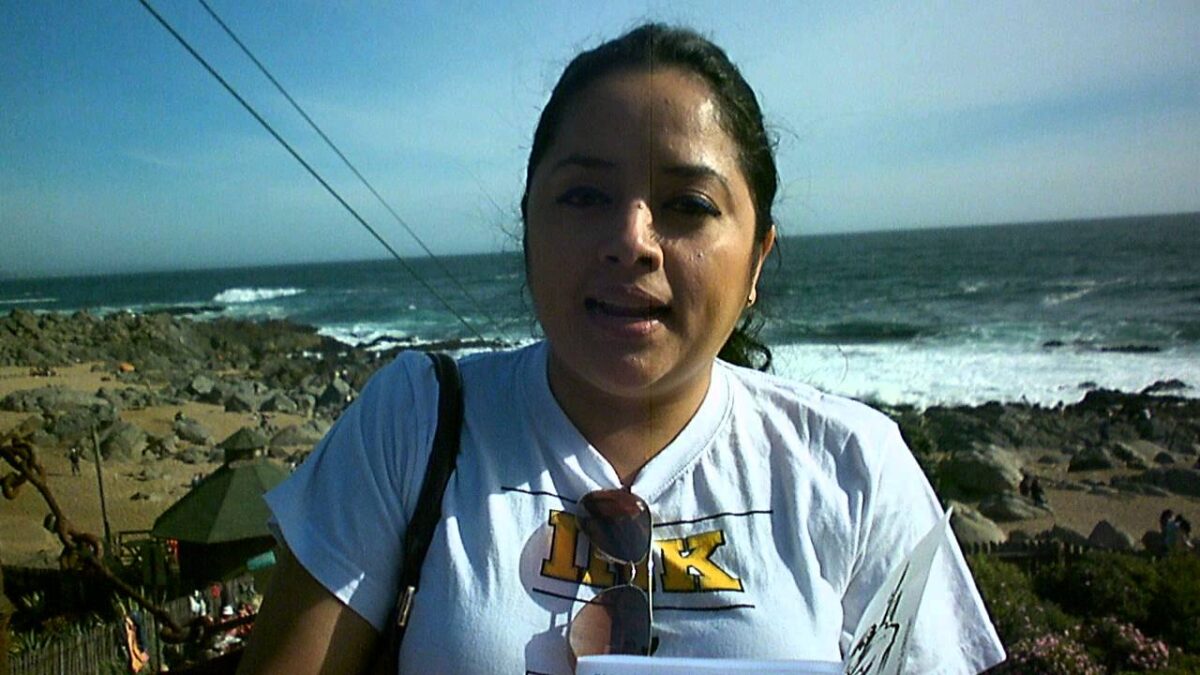Lauro Dávila Echeverría (Pasaje, El Oro, August 18, 1885 – Guayaquil, December 23, 1968) was an Ecuadorian writer, poet, songwriter, and teacher. He wrote the music and lyrics for 23 songs, including the beloved “Guayaquil de mis amores,” an anthem that encapsulates the pride and love for the city of Guayaquil. His significant contribution to music was acknowledged when he became a founding member and the first secretary general of the National Union of Musicians. Dávila’s legacy also extends to literature, having penned several poem collections and comedies. Throughout his life, he was recognized with various awards for his contributions to music and literature. He passed away at the age of 83 in Guayaquil, the city that inspired his most famous song.
Continue reading “Lauro Dávila Echeverría”Category: Poets
José Paul Aguilar
José Paul Aguilar (Quito, 1965) is an Ecuadorian author, architect, and musician who began his writing career as a poet. He began writing at the age of fifteen, with his first poetry book published at twenty-two. Two of his notable works include “TŪTUM,” a compilation of poems and stories, and “Canciones de Otoño,” a collection of poems written since 1982. In 2023, he released his debut novel, “Un sol se me escondió” (A Sun Hid From Me). The novel received a warm reception and was showcased at the Madrid Book Fair. Interestingly, Aguilar is a descendent of Juan Montalvo, a renowned Latin American writer, which has been a significant source of inspiration for him.
Continue reading “José Paul Aguilar”Jorge Coronel Pincay
Jorge Coronel Pincay (Guayaquil, April 23, 1920 – February 19, 1992) was an Ecuadorian lawyer, university professor, and noted poet renowned for his ability to convey profound emotions through short and impactful verses. He was honored with the title of “Romancero Guayaquileño” by the Municipality of Guayaquil. His notable published works include “Junquillo” (1935), “Romances a sol y lágrimas” (1940), “Dos Recitales” (1952), “Promesa de don Francisco” (1972), “Más allá de las palabras” (1977), and “Artefactos” (1979). His poems evoke intense feelings, showcasing his ability to capture complex emotions with brevity and evocativeness. The law firm he founded in 1952, today named Pincay Morla & Cia, is one of the oldest in Guayaquil and is still run by his descendants.
Continue reading “Jorge Coronel Pincay”Carolina Portaluppi
Carolina Portaluppi Castro (Guayaquil, 1963) is an Ecuadorian poet, economist, and educator. Her literary journey began with the publication of her first poetry collection, “Excluidos los signos,” in 1999, which delves into a range of human emotions and experiences. In 2009, she unveiled her second book, “Dice que no sabe,” which draws inspiration from the renowned Argentine poet Alejandra Pizarnik and showcases Portaluppi Castro’s introspective writing style. Carolina Portaluppi Castro holds the position of Coordinator of the Master’s Degree Program in Public Administration at Casa Grande University where she is also a professor of Public Policies. Additionally, she serves as a Professor of Public Policies for Disaster Risk Reduction at the Universidad Andina Simón Bolívar. Her poems have been published in various anthologies, including, “Indignados tus hijos del yugo,” “La voz del Eros,” and “Poetas de la Mitad del Mundo.”
Continue reading “Carolina Portaluppi”León Hi-Fong
León Hi-Fong (February 20, 1941 – Unknown) was an Ecuadorian writer and poet born in Guayaquil. In 1967, he co-founded a cultural group called CIMA along with linguist Carlos Rojas González, painters Juan Villafuerte and José Carreño, and narrators Alvarado, Salas, and Agustín Vulgarín. This group hosted a weekly hour-long radio program featuring Eduardo Salas Rodas and Hipólito Alvarado. León Hi-Fong also established the Buhardilla theatre group and co-founded the magazine “El pez que fuma” (The Smoking Fish) with poet Agustín Vulgarín. In 1975, he published a book of poems titled “El funeral de los pájaros” (The Funeral of the Birds) through the Casa de la Cultura Ecuatoriana. During the same year, he was reported to be living in the United States. Later, in 1996, the Casa de la Cultura Ecuatoriana published his poetry collection “Vuelo del pez que fuma: poemas.”
Continue reading “León Hi-Fong”Honorato Vázquez Ochoa
Honorato Vázquez Ochoa (Cuenca, October 21, 1855 – January 26, 1933) was an Ecuadorian diplomat, lawyer, educator, painter, grammarian, writer, and poet considered one of the most prominent figures of Cuencan lyricism in the 19th century. Vázquez’s literary works spanned different genres, including poetry, essays, and historical accounts. Notable among his works is the poetry book “Los sábados de mayo,” co-written with Miguel Moreno, which exemplified the tendencies of national romanticism in Ecuador. Vázquez’s poems, such as “Morenica del Rosario,” demonstrated his sentimentality and mastery of language, including the use of archaic Spanish. Furthermore, his contributions to the field of linguistics were notable, with regular essays on the Spanish language, Quechua, neologisms, and other language-related topics. In 1886, at the age of 31, he delivered his induction speech to the Ecuadorian Academy of Language, making him one of the youngest members to ever join.
Continue reading “Honorato Vázquez Ochoa”Susana Álvarez
Susana Álvarez, born Martha Susana Álvarez Galarza (Ambato, 1949) is an Ecuadorian writer, poet, educator, and cultural activist. Throughout her career, she has made significant contributions to literature, particularly in the field of poetry and cultural preservation. Some of her notable poetry books include “Memorial de los días,” “Celosía del Alba,” and “Fiorella de Agua.” In addition to poetry, she has written essays such as “Ellos son y Están aquí…. Encuentros” and “Mujeres bajo el cielo de Loja. La investidura de La Mujer del Siglo XXI.” Álvarez’ dedication to preserving Ecuadorian cultural heritage is evident in her books “Antología de la leyenda ecuatoriana” and “Loja y sus leyendas,” which delve into the country’s rich folklore and legends. Recognized for her literary achievements, she has received prestigious awards, including the “Juan León Mera” decoration and the Illustrious Ecuadorian Woman Award in 2015. Recently, she received the prestigious “Matilde Hidalgo Navarro” decoration at the 2023 Women’s Art Encounter. This recognition, bestowed by the House of Ecuadorian Culture in Loja, acknowledges her outstanding cultural contributions in both Loja and Ecuador.
Continue reading “Susana Álvarez”Paco Benavides
Paco Benavides, born Javier Palmiro Benavides (San Gabriel, Carchi province, December 4, 1964 – Bern, Switzerland, June 24, 2003), was an Ecuadorian writer, poet, painter, and sociologist. He was a founding member of the Matapiojo writing workshop, which aimed to socialize the means of literary production. His notable work, “Historia natural del fuego” [Natural History of Fire], garnered recognition in 1990. His other poetry books include “Viento Sur” (1995), and “Tierra Adentro” (1995). After relocating to Bern, Switzerland, with his wife, he continued his literary and artistic pursuits. His passing on June 24, 2005, in Bern saw his remains transferred to Quito, Ecuador, leaving behind a wealth of unpublished writings, paintings, and installations. His last known work, “X, (vida y milagros” was published posthumously in 2021.
Continue reading “Paco Benavides”Diego Maenza
Diego Maenza (Los Ríos, 1987) is an Ecuadorian writer. He is known for his works in poetry, fiction, and novels, which have been translated into several languages. In 2018, Maenza published “Caricreaturas,” a work that combines short stories and poetry. It was a finalist in the call for applications from the Ministry of Culture of Ecuador. The book was later translated into Italian by Alessandro Elias Ghetti and into English by Gastón Jofre Torres. Also in 2018, the National Headquarters of the House of Ecuadorian Culture published Maenza’s novel “Estructura de la plegaria” (Structure of Prayer). This work tackles sensitive topics such as pedophilia and abortion within the context of the intimate lives of Catholic clergy. The novel has been translated into Italian, English, French, Portuguese, German, and Russian. In 2019, Maenza released his poetry collection “Bestiario americano” (American Bestiary), which poetically condenses urban legends and myths from across the Americas. His second novel, “Todas las cartas de amor son ridículas” (All Love Letters Are Ridiculous), was published in 2020. It is a parody of romance novels written in an epistolary format and deals with themes of sexual violence.
Continue reading “Diego Maenza”Ramiro Oviedo
Ramiro Oviedo (Chambo, Ecuador, 1952) is a renowned poet and writer known for his literary contributions in Ecuador and France. He relocated to France in 1987, where he taught Latin American literature at Université du Littoral. Oviedo has published several acclaimed books. His collection, “Les poèmes du colonel” (2002) won the Trouvères Prize in 2002 and the Claude Sernet Prize in 2004. His captivating writing delves into the existential struggle for meaning in life and the challenges individuals face. Oviedo’s dedication to literature and teaching has made him a prominent figure in the international literary community, shaping the minds of aspiring writers and contributing significantly to the cultural exchange between Latin America and Europe.
Continue reading “Ramiro Oviedo”Antonio Vidas
Antonio Vidas, pseudonym of Dimas Antonio Garcìa Vinces (Santa Ana, Ecuador, April 25, 1974) is an Ecuadorian poet. His works are deeply rooted in his country, family, and natural surroundings. Residing in Palma de Mallorca, Spain, Vidas explored themes of nostalgia, migration, and the human experience in his poetry. He is the author of at least two poetry books: “El arpa del ceibo en llamas” (2010) and “El náufrago y la isla” (2011). Through his poems, Vidas reflects on his birthplace and invites readers on a journey of introspection and self-discovery.
Continue reading “Antonio Vidas”George Perdomo Rodríguez
George Perdomo Rodríguez (Muisne, Esmeraldas, 1952) is an Ecuadorian writer and poet. After leaving his homeland, he settled in Palma de Mallorca, Spain. Through his literary works, he explores themes of immigration, capturing the struggles, aspirations, and emotions of those who leave their homeland in search of a better life. George Perdomo Rodríguez’s writing reflects his own experiences and offers a profound understanding of the human condition, resonating with readers both in Ecuador and Spain. “His books include: Balada del emigrante,” “Los sueños de las palomas,” “Saga de emigrantes,” “Senderos de Espumas,” “Isla de Ensueños,” among others.
Continue reading “George Perdomo Rodríguez”Diógenes Cuero Caicedo
Diógenes Cuero Caicedo (Esmeraldas, October 28, 1948 – Ibidem, January 3, 2019) was an Ecuadorian poet, cultural activist, lawyer, university professor, and a prominent voice in celebrating and affirming black identity. Born in the poor black community of San Francisco de Ónzole in the Eloy Alfaro Canton, Cuero dedicated his life to promoting the culture and heritage of Afro-Ecuadorians. His literary journey began in the 1980s, using poetry as a means to explore themes of blackness, social justice, and the rich cultural legacy of his community. Through works like “Tsunami, Mitología y Poesía” and “Las Huellas de la Carimba,” Cuero illuminated the experiences, struggles, and contributions of Afro-Ecuadorians, challenging stereotypes and fostering a deeper understanding and appreciation of black identity. His impact as a poet and cultural advocate continues to resonate, leaving a lasting legacy in Ecuadorian literature. He held a doctorate in Jurisprudence and for 20 years hosted a radio program called “Raíces” (Roots), where he spoke about the culture of his people.
Continue reading “Diógenes Cuero Caicedo”Amanda Pazmiño Torres
Amanda Pazmiño Torres (Quito, Ecuador, 1993) is an Ecuadorian poet, writer, and teacher of language and English. She has been actively involved in cultural promotion and served as a Cultural Ambassador at the FIL Lima in 2012. In 2020, Pazmiño published her first poetry book, titled “Les hablaré de ti a todos los mares que fragüen un hogar en mis ojos,” which won the 12th edition of the Ileana Espinel Cedeño National Poetry Contest. She leads the ERGO International Cultural Group in Ecuador. She directs workshops focused on creative writing and personal growth, using writing as a tool for self-discovery. She is the director of the poetic writing workshop titled “Camino hacia el equilibrio: palabras que sanan” (Path to Balance: Healing Words). Her poems have been published in the newspaper El Ciudadano and several anthologies. Her poetry booklet “Recorrido de abismo” (Journey through the Abyss) was selected and published by the editorial imprint Despertar (Loja, 2017).
Continue reading “Amanda Pazmiño Torres”María Belén Muñoz
María Belén Muñoz Menéndez (El Carmen, Ecuador) is an Ecuadorian poet, writer, cultural promoter, professor, and Agricultural Engineer with a Master’s degree in Environmental Development. She has held positions such as the Coordinator of the Culture Department at the Universidad Laica Eloy Alfaro de Manabí, Campus “El Carmen,” where she contributed her expertise as a university teacher. Her talents and accomplishments led to her participation as part of the delegation of Ecuadorian writers at the prestigious International Book Fair in Cuba in 2011. Furthermore, she was actively involved with the International Art Group “Plaza XXI,” serving as the National Coordinator for the Ecuador Chapter. María Belén also played a significant role as the president of the House of Culture in the canton of El Carmen.
Continue reading “María Belén Muñoz”
